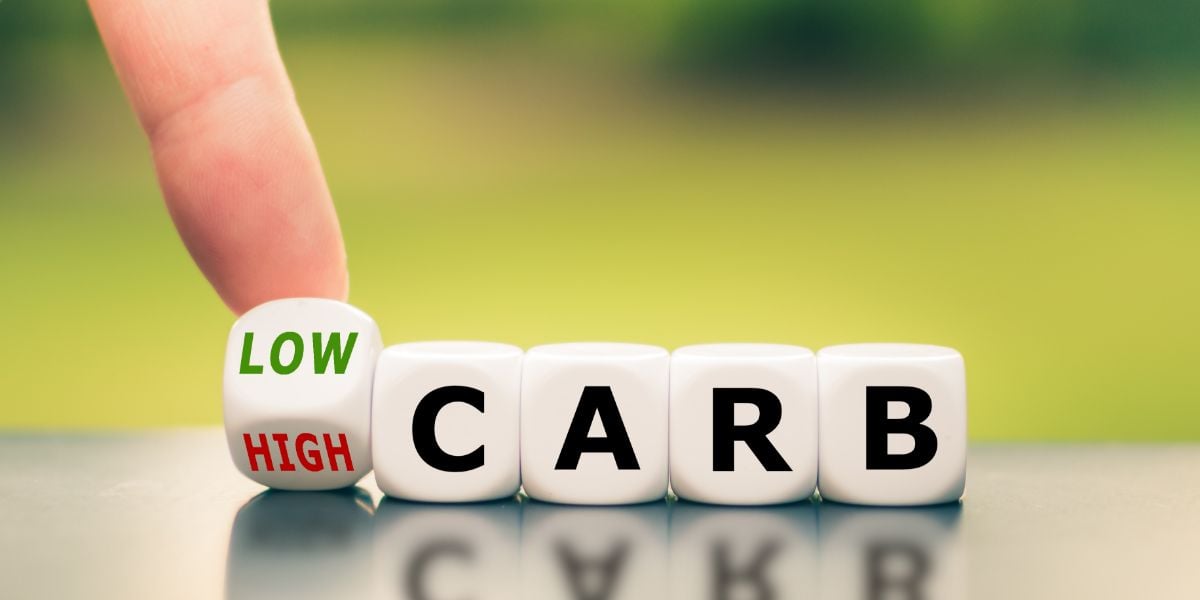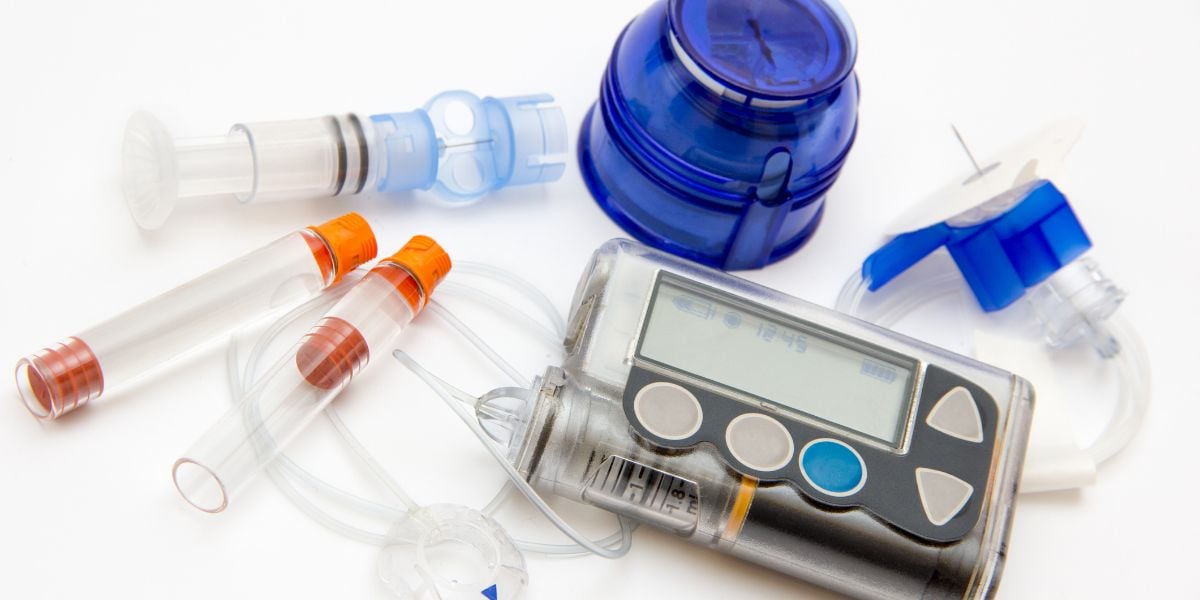Carbohydrate’s direct impact is to raise blood sugar levels and therefore too much carbohydrate can cause problems for people with diabetes.
It would be wrong to label carbohydrate as inherently unhealthy as healthy people are able to handle a moderate amount of carbohydrate perfectly well.
However, the more insulin resistant you are, the less ability your body has to cope well with carbohydrate.
People with prediabetes and type 2 diabetes, in particular, will find that the more carbohydrate you have, the more likely you are to experience problems with the following:
A reduction in daily carbohydrate intake can address both weight gain and poor diabetes control.
- High blood sugar levels
- Increase in insulin resistance
- Increasing body weight
- Increased appetite
Warning : If you are on diabetes drugs that can cause hypoglycemia, you should not decrease carbohydrate intake unless your doctor is happy for you to adjust your carbohydrate intake.
Excessive carbohydrate intake
Whilst it’s difficult to prove that any one part of the diet is the responsible for conditions such as obesity and type 2 diabetes, there is growing evidence that excessive carbohydrate and sugar intake are playing a significant role in the development of these conditions.
A national survey into diets of low income households showed that some people are having very-excessive carbohydrate and sugar intakes. A significant proportion of under 50 year olds are eating between 500 and 600g of carbohydrate and over 300g of sugar each day.
A section of the 19-34 age group showed a worrying reliance on sugar with 68% of their energy intake coming from sugar alone.
Whilst this survey focused specifically on low-income households, it is likely that excessive carbohydrate and sugar consumption will also apply to a similar proportion of people in higher income households too. [202]
What happens when carbohydrate is eaten
When carbohydrate is eaten, it gets broken down by digestion directly into glucose and is then absorbed into the blood.
The body then sends out insulin (unless you have type 1 diabetes) to move glucose out of the blood. Insulin will either move glucose into working cells such as the muscles or organs, or store the glucose as body fat.
More carbohydrate being eaten ultimately means there is more chance of having excess glucose that will need to be stored as fat.
Carbohydrate and high blood sugar
High carbohydrate intake and diabetes are not a good mix.
Because carbohydrate is converted directly into glucose, the majority of people with diabetes will struggle to achieve good sugar levels on a carbohydrate-focused diet.
The more refined carbohydrate in the food, the quicker and more sharply it will affect blood sugar levels. So, refined grains, such as white bread, white rice and any sugary foods, are likely to cause a sudden and dramatic rise in blood sugar.
Insulin resistance in people with type 2 diabetes means that the body will struggle to move sugar out of the blood. The more carbohydrate you have, the more the body will struggle and the higher your sugar levels will be.
Some people with type 1 diabetes may be able to manage a low-fat diet if they’re very good at managing their insulin but the truth is that most people with type 1 diabetes struggle to achieve adequate control on a carbohydrate-focused diet.
Carbohydrate and insulin resistance
Prediabetes and type 2 diabetes are conditions of glucose intolerance and therefore carbohydrate intolerance.
In prediabetes, and the first decade or so of type 2 diabetes, the body is over-producing insulin and this typically accompanies weight gain. [203]
This over-production of insulin is the driver of insulin resistance and the development or progression of type 2 diabetes.
To work towards reversing this progressio, you need to turn down the insulin tap. As carbohydrate is the greatest stimulant of insulin production, it makes perfect sense to cut down on carbohydrate intake.
People with type 1 diabetes on a high carbohydrate diet may also develop insulin resistance. This is possible to detect if you notice you are injecting high amounts of insulin on a daily basis.
Carbohydrate and weight gain
Carbs are good, although certainly not essential, for providing energy to the muscles and organs.
In the modern age, though, most of us are not as active as society used to be in previous centuries. Desk work and machines have replaced much of the physical labour in and out of the homen, and transport has replaced much of our walking.
When people are active through the length of the day, carbohydrate based meals made more sense.
Muscles act as sugar stores and when we exercise, our muscles use these stores. Muscle use through the day would be emptied by exercise and re-filled with carbohydrate at the next meal.
These days, however, few of us empty our muscles of this stored sugar through the day. So, when we eat carbs, the glucose doesn’t get used to refill muscles, instead much of it gets stored away as body fat.
Insulin is the fat-storage hormone so, if you’re putting on weight, again the first thing to do is turn down the carb intake to turn down insulin and weight gain.
Carbohydrate and appetite
There have not been many scientific studies looking specifically at the effects of carbohydrate intake on appetite in people with diabetes.
A 2005 study indicates that lowering of carbohydrate intake helps reduce appetite, reduces energy intake and promotes weight loss in people with type 2 diabetes. [204]
A low-carb diet may help reduce appetite because healthy, natural fat and moderate protein in the diet help provide energy in a more sustained way than carbohydrate.
Reducing insulin levels and switching the body to get its energy from ketosis, the burning of body fat, may also help towards reducing appetite through the day.









